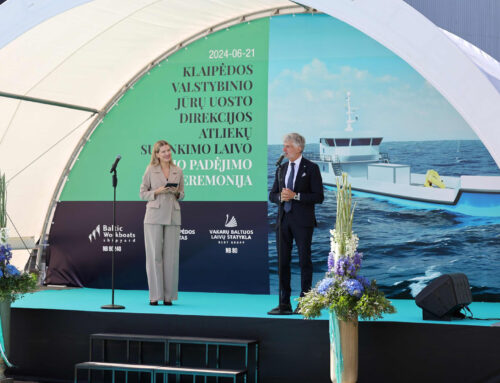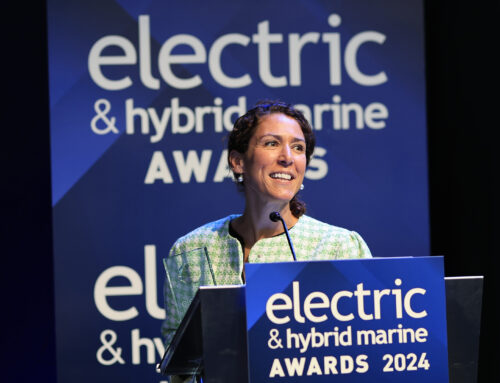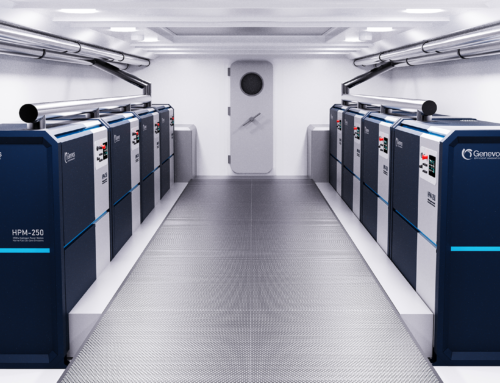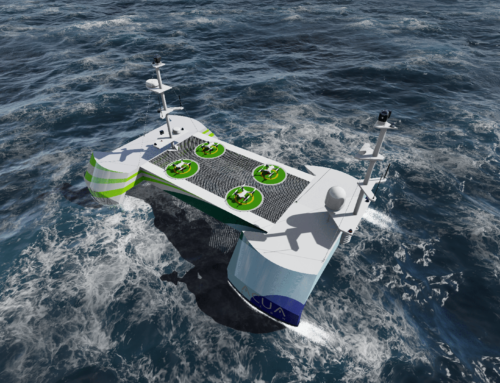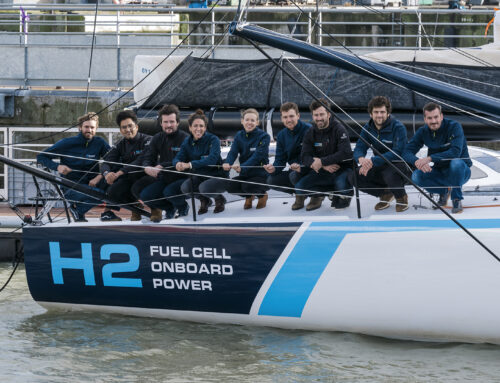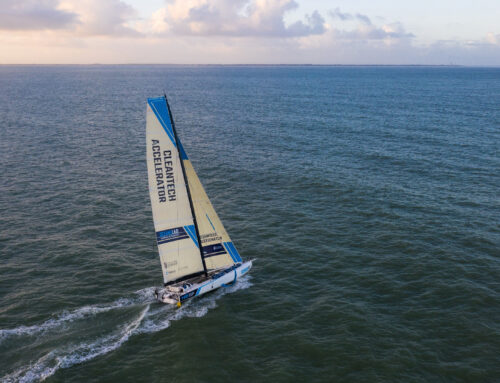- Funded under the Horizon Europe Framework Programme (‘HORIZON’) to control climate change and achieve the UN’s Sustainable Development Goals, the project H2-SEAS is in response to a call for the implementation of the Mission ‘restore our ocean and waters by 2030’.
- The H2-SEAS consortium will develop, build, and demonstrate a novel hydrogen-electric fishing vessel prototype with the objective to accelerate a sustainable and accessible transition to clean and efficient power for small-scale fishing fleets (up to 12m).
- H2-SEAS will study and report on the European regulatory aspects on the decarbonisation of small-scale fishing vessels, and through the European Marine Observation and Data network (‘EMODnet’), will make available the results from an environmental impact assessment.
16.05.2024
Genevos, a French leader in the integration of hydrogen technologies in the maritime sector, joins a consortium of specialists including the project leader Riga Technical University, fellow Latvian shipyard A2Z Gannet SIA, the Stockholm Environment Institute Tallinn Centre of Estonia, in addition to the Latvian Vidzeme University of Applied Sciences.
In this consortium Genevos will design and deliver the complete energy system engineering, including two HPM-40 kW second-generation marine certified hydrogen fuel cell power systems, gas storage, integration design and installation.
The project will be implemented by the design, construction, and operational demonstration of a hydrogen-electric 12m fishing vessel propelled by a 100 kW e-engine, to test and validate its resilience in the harsh marine environment. Deployed in three countries from 2026, the prototype will demonstrate increased energy efficiency and an environmentally friendly solution for the marine environment: zero emissions and low sound pollution.
The HORIZON Mission is designed to deliver on the European Union’s 2030 quantified and measurable targets for protecting and restoring ecosystems and biodiversity, for zero pollution, and for decarbonisation and net greenhouse gas emissions reduction towards climate-neutrality, within the EU’s ocean, seas, and waters.
Project results are expected to accelerate the transition to fleets of small-scale fisheries (<12m) equipped with greener and energy-efficient technologies to reduce fuel consumption and emissions, including acoustic noise reduction.
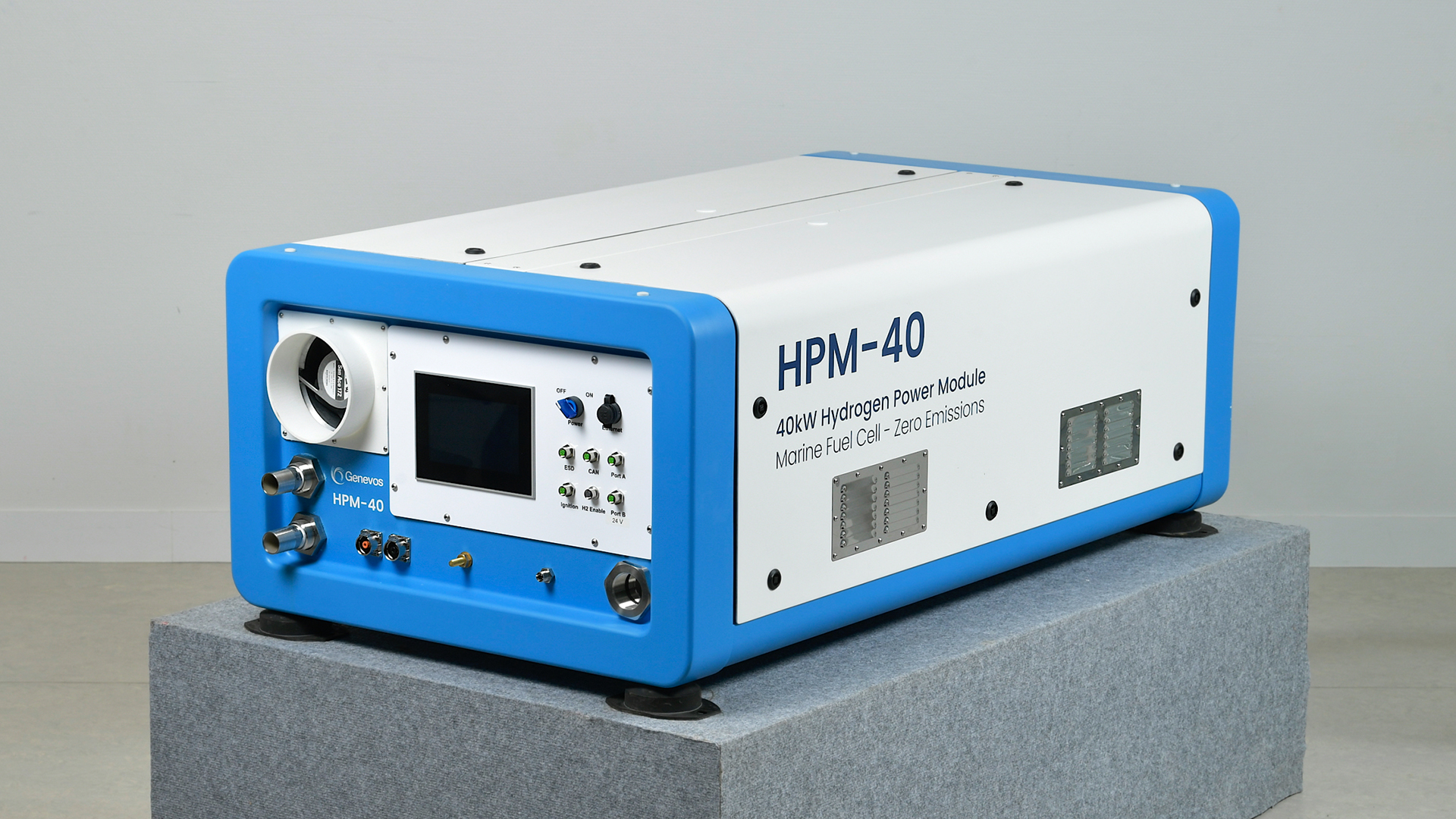
Genevos Marine Fuel Cell Hydrogen Power Module 40 kW
The outcomes will contribute to all of the enhanced implementation objectives from the European Green deal and the EU Biodiversity Strategy for 2030, in addition to the improved understanding of technical, social, legal, regulatory and policy barriers to small-scale fisheries decarbonisation.
This improved monitoring and understanding on the impact of greener and more efficient small-scale fishing fleets on the marine environment and marine biodiversity will provide a systemic approach for the restoration, protection and preservation of our ocean, seas, and waters.
Rebecca Sharp, CEO and cofounder of Genevos commented: “Decarbonising the maritime sector is the key focus for Genevos, we are delighted to be part of this important consortium continuing to make available disruptive zero emission hydrogen fuel cell power solutions to safeguard our planet. We are proud to support this worthy and mandatory EU HORIZON Mission to restore our ocean and waters by 2030.”
This project is an Innovation Action targeting the overarching objectives of the topic HORIZON-MISS-2023-OCEAN-01-05. The HORIZON Mission supports multiple Sustainable Development Goals (SDGs): in particular restoring our ocean and waters related actions will directly contribute to SDG 14 – Life below water and SDG 6 – Clean water and sanitation, as well as to SDG13 – Climate action. The objective of this Mission is to restore, protect and preserve the health of our ocean, seas and waters by 2030.

